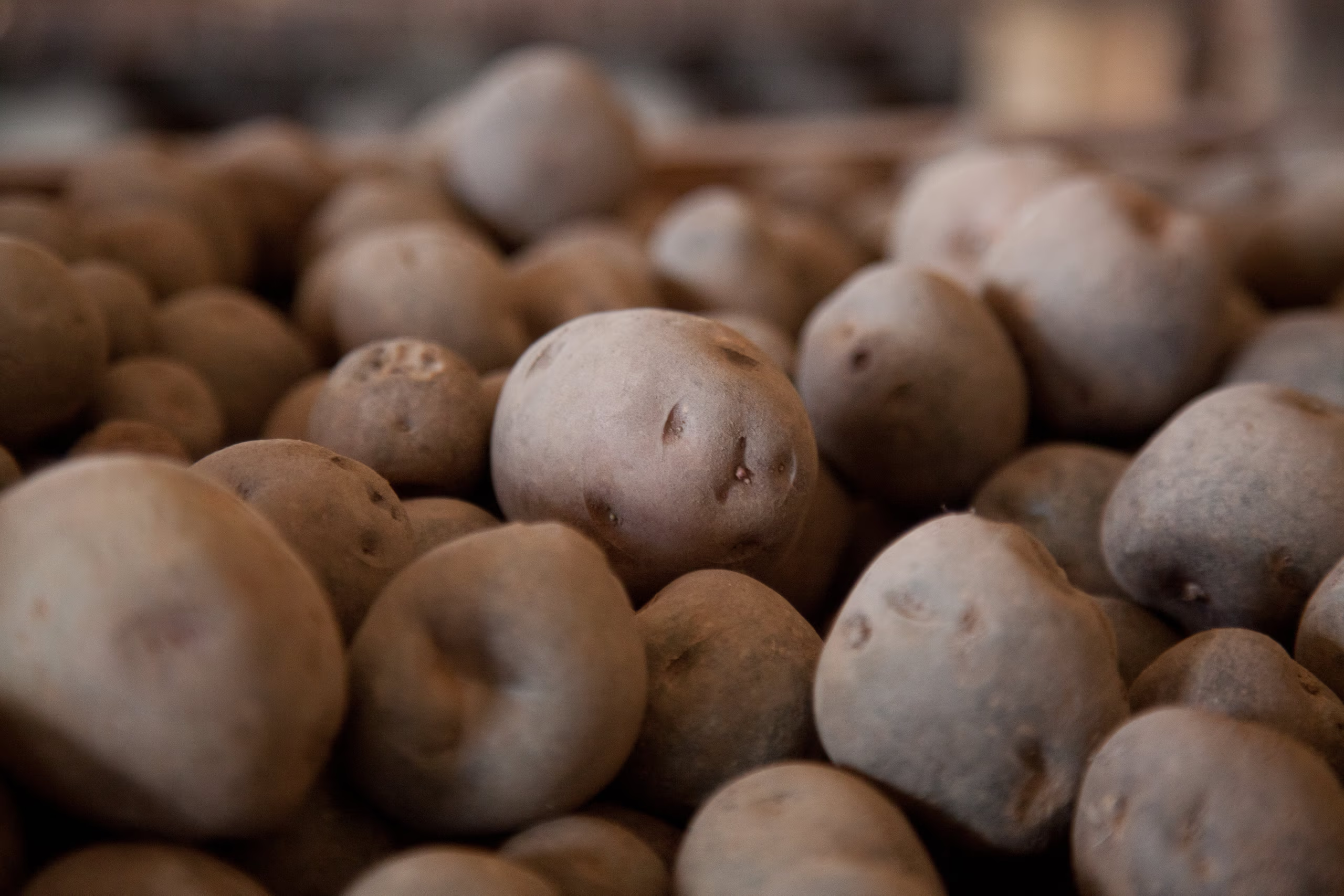The Dutch government contributes to the development of several value chains in Tanzania through different tools. One of these tools is the Geodata for Agriculture and Water (G4AW) program, executed by the Netherlands Space Office. This tool aims to strengthen agriculture value chains and improve food security in upcoming economies by using satellite data. By combining Dutch knowledge of high tech solutions and local expertise, the project partners and the Ministry of Foreign Affairs work together on a more sustainable future. In Tanzania, this approach is applied in the rice value chain in the Southern Agricultural Growth Corridor of Tanzania (SAGCOT).
Beeld: © TechForce Innovations
Access to Information
Access to information is key to good farming practices. From weather forecasts to market information, all information is essential to making the right decisions at the right time. The SAGCOT Integrated Knowledge and Information for Agriculture (SIKIA) project provides this information to a targeted number of 125,000 smallholder rice farmers in the Southern Highlands of Tanzania. This public-private partnership is strengthening the rice value chain by targeting different groups in the market with three distinctly different information services, described below.
Smallholder farmers make up around 75% of the rice producers in the region. These farmers typically only cultivate between 0.5 and 2ha for rice and consume most of their own production. Without access to reliable weather forecasts, these farmers are at risk of major harvest losses, threatening their food security. This is especially true in a region where weather patterns are becoming increasingly more unpredictable due to climate change. The SIKIA project provides weather forecasts for rice farming through radio broadcasts in the region, where farmers have the possibility to receive more detailed weather information and crop management advice through a SMS service. In order to receive regular weather related crop advices, the farmers have the opportunity to register themselves. Access to this information enables the farmers to adapt accordingly to the weather and increases food security.
The farmer registration data serves as the input for the second service, the agribusiness support. Agribusinesses can periodically receive aggregated geo-information on the state of rice cultivation in the region, so as to improve their own logistical planning or tailor financial or insurance services to the market. The targeted audience for this service is broad, from millers and input suppliers to financial institutions. The availability of this data will ease investments in the rice value chain by providing reliable and up-to-date market information. At the moment, large annual price fluctuations are a major risk in the rice sector in the region. Prices can fluctuate up to 100% in a year, even though rice can be well-stored. Information on the status of rice cultivation in the region will enable agribusinesses to anticipate and avoid excess supply on the market.
The SIKIA project is a collaboration of Dutch & Tanzanian companies and NGO’s. Project partners are TechForce Innovations, Milan InnoVincY, Kilimo Trust, Kadaster, and AGRA. Combining expertise is key to the agricultural development strategy in Tanzania, building beneficial partnerships for different players to develop an entire value chain.
Ensuring financial sustainability
The service available upon registration will have to guarantee financial sustainability of the project, through payment of agribusinesses for the information. To ensure affordability for the farmers, the information service by SMS will be free of charge, allowing for a low barrier of entry. The plan is that this will then increase the number of subscribed farmers and thus increase the commercial potential of the service.
The third service targets larger farmers willing to invest in improving their yield, by providing plot specific information. With tailor-made advice based on the crop conditions of their plots, farmers can potentially increase their production substantially. This unique advice is based on satellite geo-data, combined with multispectral agronomic information and web-based information. To be able to take action upon this data, farmers will be educated through a train-the-trainers program.
Beeld: © Neil Palmer/CIAT
Pilot in Mbeya
Mbeya region is the first location in Tanzania in which this project is implemented. If successful, the project will scale to other geographical areas. Choosing Tanzania has been a deliberate choice, motivated by the involvement and familiarity of the partners with the country. For example, the experience of Kilimo Trust with working with farmers in the region is proving to be essential for this project. There are many other benefits to working in a consortium of both Dutch and Tanzanian partners in such a project.
For instance, a knowledgeable and experienced local partner helps considerably to navigate Tanzanian bureaucracy. Understanding the local institutional framework and knowing which agencies to address is essential to overcoming inevitable challenges in a project.
Another key benefit of working together with local partners is the understanding of local culture. Some of the activities carried out in this project, such as the use of drones for data collection, are sensitive and can be misunderstood by local communities. Considering these challenges and respecting the boundaries is therefore vital to the success of the project.
SIKIA is funded by the Netherlands Space Office and by the Alliance for a Green Revolution in Africa (AGRA). The Dutch government offers different tools to promote involvement of Dutch businesses in Tanzania.
For an overview of available tools, please see the site of RVO for Tanzania.
For questions on these instruments or this article, kindly send an e-mail to dar-lnv@minbuza.nl.
